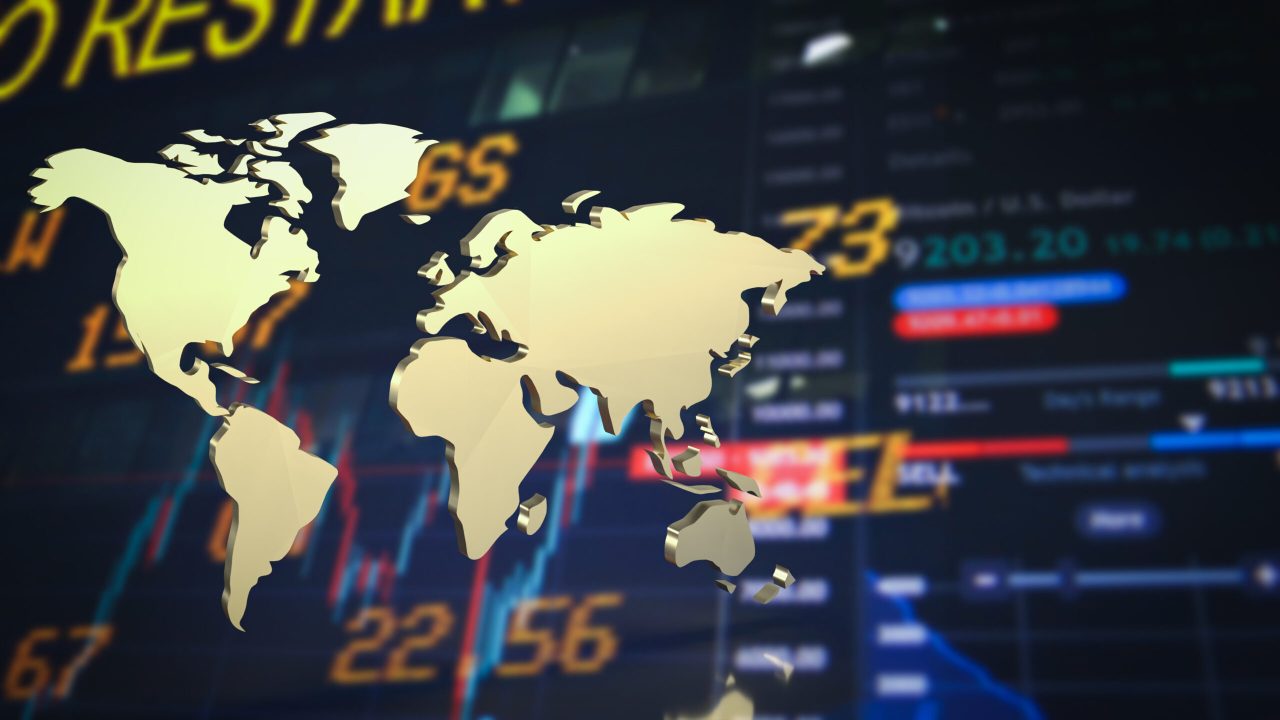Globalization has long been regarded as an unstoppable wave in the world of international trade and cooperation, promoting economic growth and cultural exchanges all over the world.
However, in recent years, several obstacles have emerged that threaten to undercut decades of development.
According to a Statista report, the revival of nationalism and the protectionist measures are some of the factors altering the global trading landscape, prompting many to wonder if we have passed the apex of globalisation.
A terminal decline: the impact of the pandemic
The course of global trade has been anything but linear.
Following decades of stable expansion, the 2008 financial crisis exposed flaws in the system.
However, it was the COVID-19 outbreak that served as a watershed moment, plunging world trade to levels not seen since 2003.
The World Bank observed a significant drop in the trade-to-GDP ratio, highlighting the vulnerability of global supply networks that rely significantly on international collaboration.
A short-lived resurgence?
Despite the depressing circumstances, global trade showed a remarkable recovery following the pandemic.
By 2022, the trade-to-GDP ratio had risen to an astonishing 62.8%, indicating a recovery and return to pre-pandemic levels of activity.
However, this quick recovery was not without hurdles. In 2023, the percentage fell again to 58.5 per cent, indicating potential volatility in the global trading framework.
While some industries swiftly adapted to new rules, others struggled with ongoing supply chain disruptions and shifting demand.
Companies and governments alike recognised the importance of assessing and redesigning their supply chains to avoid the dangers associated with global dependencies.
The timetable for such changes is unknown as businesses navigate complex trade conditions and uncertain future regulations.
Nationalism and protectionism: emerging threats
As globalisation seeks to regain its foothold, the resurgence of nationalism poses considerable problems.
Politics in several regions have evolved toward protectionism, intending to prioritise domestic industries over international commerce.
In the United States, the Trump administration’s continuation of trade battles, including the imposition of new tariffs on a variety of imported commodities, has further undermined the free trade concept that had gained traction in previous decades.
These protectionist tactics are not restricted to the United States; countries all around the world are taking similar positions, changing tariffs, and instituting regulatory barriers that impede commerce.
This wave of nationalism not only impedes economic interoperability but also risks sparking retaliatory actions among trading partners, producing an unstable atmosphere that could lead to market fragmentation on a global scale.
The future of global trade: uncertainty looms
The future of globalisation is uncertain, as nationalistic sentiments rise and protectionist measures shape trade policy.
While it is difficult to anticipate the long-term consequences of the Trump administration’s current trade policy, many experts warn that the combination of new tariffs and shifting political priorities may leave a lasting impact on global trade dynamics.
The complexity of modern supply chains requires strategic planning and adaptability.
As businesses reconsider their foreign relationships, the option of shifting production closer to home or diversifying suppliers may become a popular trend.
However, this reconfiguration requires time and capital, which adds to the unpredictability in the immediate term.
The post Is globalization at a crossroads? Nationalism and protectionism threaten trade recovery appeared first on Invezz

